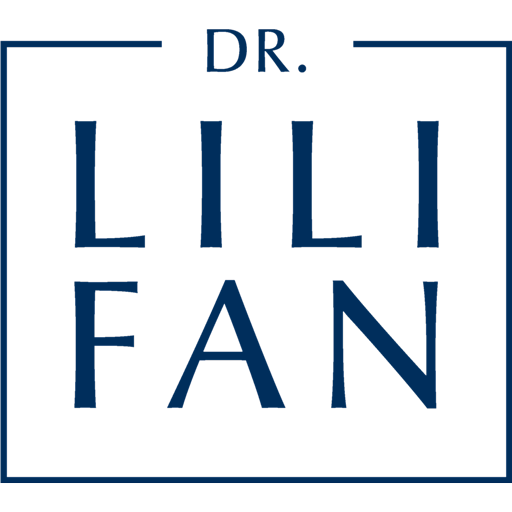What Probiotics Are Good for Clearing Skin?
Share
- Probiotics balance the skin microbiome, reducing breakouts, inflammation, and oiliness.
- Top strains for acne-prone skin include Lactobacillus acidophilus (fights acne), Bifidobacterium bifidum (soothes), and Lactobacillus rhamnosus (regulates oil).
- Probiotics strengthen the skin barrier, calm irritation, and help retain moisture.
- Use probiotics through skincare, diet, or supplements to support skin health from the inside and out.
- Avoid harsh products that strip the skin—opt for gentle, microbiome-friendly formulas.
Struggling with breakouts, redness, or uneven skin? You’re not alone. Many people are now turning to probiotic skincare to help achieve a clearer, healthier complexion. But what exactly do probiotics do for your skin, and which ones are best for keeping blemishes at bay?
Let’s dive into the science behind probiotics and how they can help clear your skin from the inside out!
How Do Probiotics Help Clear Skin?
Your skin is home to a delicate ecosystem of bacteria—both good and bad. When this balance is disrupted (by stress, diet, harsh skincare products, or pollution), bad bacteria can take over, leading to breakouts, inflammation, and irritation.
Probiotics help restore this balance, strengthening the skin’s natural defenses and reducing acne-causing bacteria. They work by:
✔ Reducing inflammation – Calming redness, swelling, and irritation.
✔ Regulating oil production – Keeping pores clear and balanced.
✔ Strengthening the skin barrier – Helping skin retain moisture and block out pollutants.
✔ Fighting bad bacteria – Creating a healthy microbiome that prevents breakouts.
So, which probiotics are the best for clear, blemish-free skin?
Best Probiotic Strains for Acne & Clear Skin
🦠 Lactobacillus Acidophilus – The Acne Fighter
This probiotic is known for its ability to restore balance in the skin microbiome and reduce breakouts. It helps control P. acnes, the bacteria responsible for acne, while also calming inflammation.
🦠 Bifidobacterium Bifidum – The Skin Soother
If your skin is sensitive, irritated, or acne-prone, Bifidobacterium bifidum can help. It reduces redness, strengthens the skin barrier, and promotes healing, making it ideal for acne-prone or rosacea-affected skin.
🦠 Lactobacillus Rhamnosus – The Oil Balancer
This probiotic helps regulate sebum (oil) production, preventing clogged pores and excess shine. If you have oily, acne-prone skin, this is the probiotic for you!
🦠 Bacillus Coagulans – The Anti-Inflammatory Hero
This strain has been shown to reduce inflammation and irritation, making it perfect for those dealing with hormonal breakouts or cystic acne.
🦠 Streptococcus Thermophilus – The Hydration Booster
Though not directly linked to acne, this probiotic boosts ceramide production, improving hydration and barrier function. Keeping the skin properly hydrated can prevent excess oil production that leads to breakouts.
How to Use Probiotics for Clear Skin
Now that you know which probiotics are best for acne-prone skin, here’s how to incorporate them into your routine:
🌿 Use probiotic-infused skincare – Look for cleansers, serums, or moisturizers containing Lactobacillus or Bifidobacterium to fight breakouts directly.
🥗 Eat probiotic-rich foods – Foods like yogurt, kimchi, sauerkraut, and kombucha help balance gut health, which is closely linked to skin clarity.
💊 Try a probiotic supplement – If you're prone to hormonal breakouts, a daily probiotic supplement with Lactobacillus Rhamnosus can help keep your skin clear from within.
🚫 Avoid harsh cleansers – Over-cleansing can strip your skin of good bacteria, leading to more breakouts. Instead, opt for gentle, pH-balanced products.
